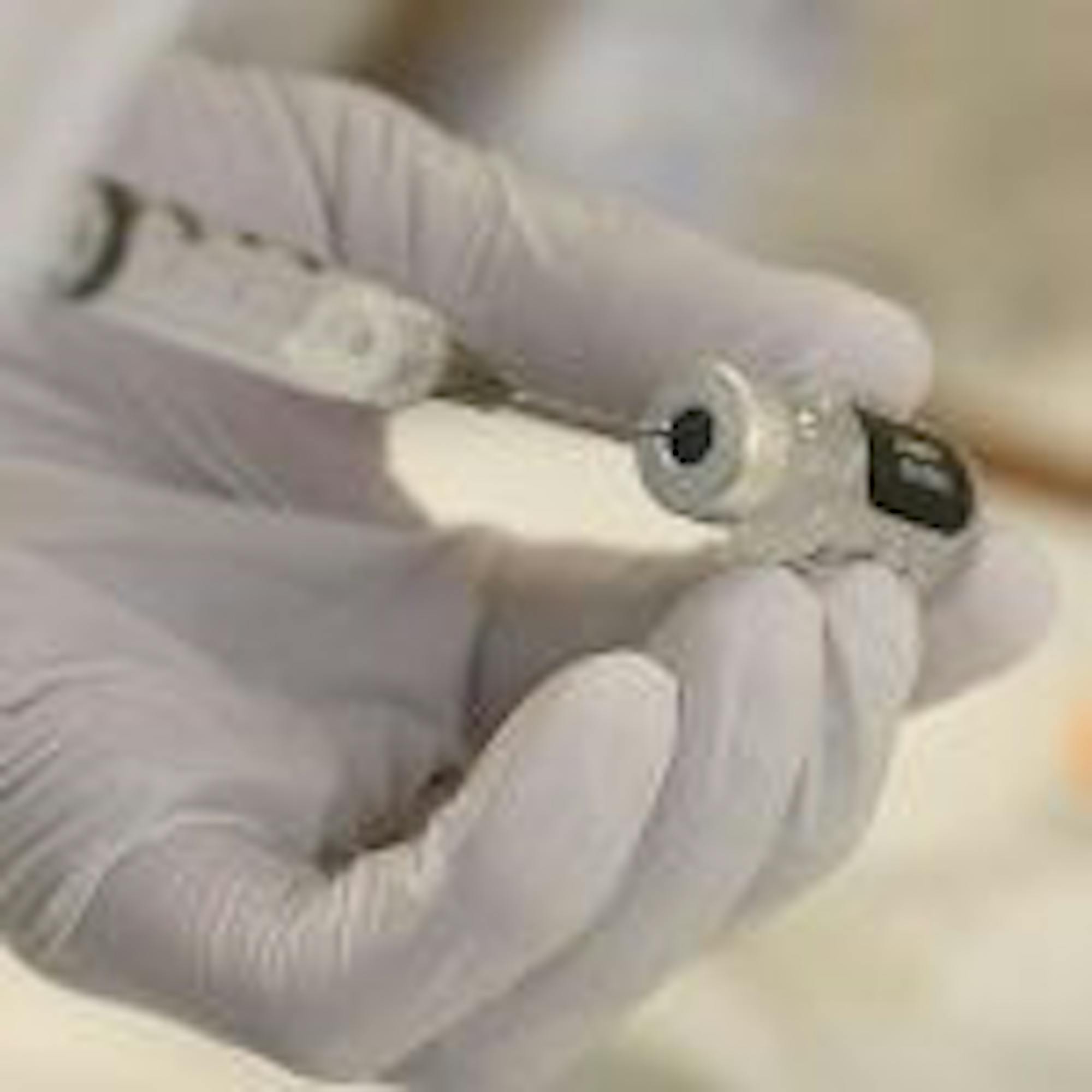Due to discrepancies in vaccine administration among different countries around the world, Tufts University will assist international students in receiving a U.S. Food and Drug Administration-approved vaccine if they had been unable to already do so by the beginning of the fall semester, according to university health officials.
“Tufts is requiring students to be vaccinated, but we understand that students arriving from international locations may have difficulty accessing the vaccine,” Marie Caggiano, medical director of Health Service, wrote to the Daily in an email. "Tufts will assist these students in receiving the vaccine after they arrive on campus in the fall.”
University Infection Control Health Director Michael Jordan said that students who are not fully vaccinated against COVID-19, and who have not been approved for a medical or religious accommodation, are required to quarantine for seven days upon getting to campus before they can leave their dorms or off-campus apartments.
Caggiano added that once students complete the initial quarantine period, they will not have to wait until they are fully vaccinated in order to participate in campus activities.
“While in the quarantine period, students will need to stay in their rooms, and participate in activities virtually,” Caggianosaid. “After the 7-day quarantine period, students can participate fully in all campus activities, even as they are completing the vaccine series.”
An email from Student Life sent to students on June 9 made students aware of a July 1 deadline to upload proof of vaccination. However,Andrew Shiotani, director of the International Center, said that this deadline was a soft one, and students who were not able to receive the vaccine before this date are still allowed to return to campus.
“The University asked students to submit their vaccination document by July 1st, but international students were not prevented/are not being prevented from coming to campus if they didn’t submit the required documentation by that July 1st date,” Shiotaniwrote in an email to the Daily.
Jordan also said that the July 1 deadline was established mainly to encourage students to get vaccinated as soon as possible and before classes began in the fall.
Shiotani emphasized that all students are subject to the student vaccination policy, including international students, but that the university understands that some international students might not have easy access to the vaccine.
“I think it’s important to emphasize that all students are subject to the student vaccination policy,” Shiotani said. “But the University did acknowledge throughout this process that international students in particular may not be able to get vaccinated prior to arrival on campus this fall, and so the University is prepared to allow them to start and complete their vaccination cycle upon arrival.”
While Shiotani did not say which countries in particular have limited access to the vaccine, he acknowledged the uneven vaccine rollout that may make it difficult for international students to get vaccinated.
“It’s impossible for me to say which countries have been ‘better’ or ‘worse’ in these areas, but we do know that worldwide rollout of vaccines has been uneven and inconsistent and remains a global equity and public health challenge,” he said.
While unvaccinated international students will be allowed to return to campus, the International Center heard plenty of concerns early in the summer from students who were worried they would not be allowed to enter the U.S if they were not vaccinated with a U.S. FDA emergency-authorized vaccine.
“We’ve clarified that the U.S government does not require proof of vaccination as a condition of entry into the US (however, international travelers are required to show proof of a negative result from a COVID test taken within three days prior to their international flight,” Shiotani said.
According to Shiotani, the struggles that international students may face when entering the country are not issues with vaccination status, but instead the travel restrictions that several countries have put in place due to the COVID-19 pandemic.
“The primary challenge that international students have had in coming to the US is the worldwide impact of COVID-19 on US consulates and embassies, restrictions on international travel due to prevalence of COVID-19 in different parts of the world, and on home country health care systems and related challenges,” Shiotani said said.






